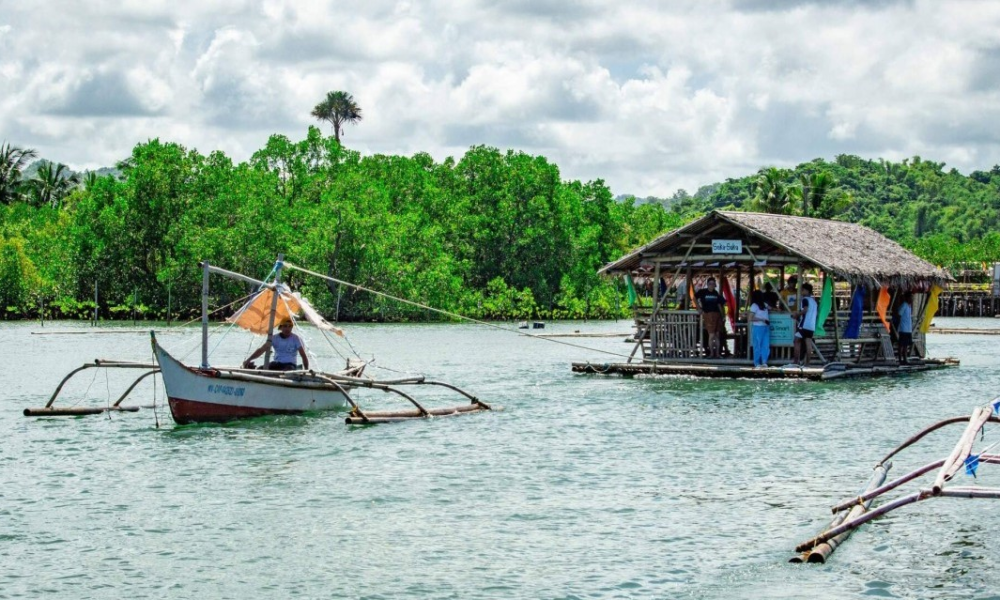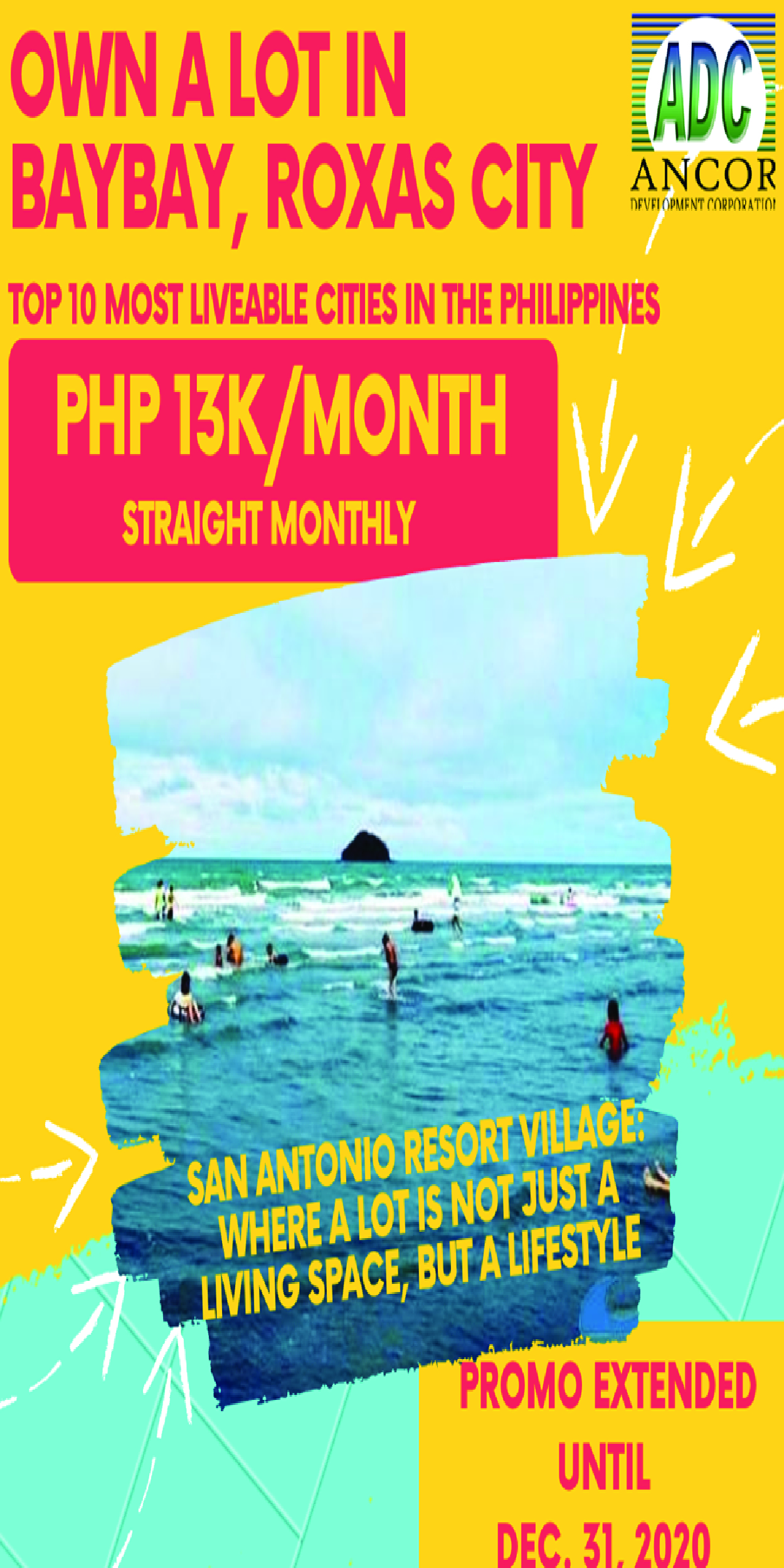
Sixty-two-year-old fisherfolk Salvacion Dela Cruz of Barangay Cagay in Roxas City used to be an illegal
oyster grower but has abandoned the wrongdoing many years ago through the local government’s
help.
She is now a member of the Palina River Development Association (PARIDA) Inc. and is hopeful that
brighter days await for their group with the inclusion of the Palina Greenbelt Ecopark in Brgy. Cagay
here into the Regional Farm Tourism Circuits.
PARIDA Inc. manages the eco-park and has been in the business of agri-farming for more than 12
years.
Dela Cruz noted that PARIDA, Inc., organized in 2006 through the City Agriculture Office, initially
ventured into mangrove reforestation along the coastal areas of Cagay and nearby planting sites.
They earned P1.00 for every mangrove they planted, and if it lived for a year, they would get P3.00.
Dela Cruz also said that, with the support of the Roxas City government, they were granted
P470,000.00 for the creation of the Palina Greenbelt Ecopark in September 2011.
“Sang una, sang ginpang demolish ang amon nga pangabuhian sa suba nag-untat eskwela ang akon
mga bata, pero sang 2011 sang na buligan na kami sang city government, nag amat-amat na balik sa
eskwelahan ang amon mga kabataan
(When our illegal shellfish rafts were demolished, my children stopped schooling, however in 2011,
through the help of the Roxas City government, we were able to send our children back to school),”
Dela Cruz said.
Dela Cruz also reminisced that if not for the ecopark, she would not be able to give her son a great
future.
“Tungod sa kita namon mag-asawa kag sa iban ko nga mga bata nga naga ubra sa ecopark nakapag-
graduate kami sang bata namon sa CapSU bilang Cum laude kag sang nag ligad nga March, nakapasar
siya sa exam para sa pagka-maestro (Through our income from the ecopark, our son was able to
graduate as cum laude in Capiz State University and he just passed the Licensure Examination for
Teachers last March),” Dela Cruz added.
Dela Cruz also stated that the ecopark has been among the consistent DOT-accredited sites in the
province. Through the DOT 6 and the continuous assistance of the Provincial Tourism and Cultural
Affairs Office, the number of their monthly visitors has increased, and so has their revenues.
Currently, the association has 31 active members.
The eco-park offers seafood, river tours, spas, and other recreational services.
Further, the Department of Tourism (DOT) Regional Office 6 has accredited five agricultural farm sites
in the province
As one of the agri-farm tourism in Capiz, Palina Greenbelt Ecopark also received numerous
recognitions nationwide that will be part of the launch of the Regional Farm Tourism Circuits from
November 8 to 10, 2023.
“Daku-dako gid nga bulig ang Regional Farm Tourism Circuits sa pagpromotar sang amon nga negosyo
kay kung mahibal-an nila nga manami ang Palina Greenbelt Ecopark, kag may manami nga serbisyo,
madamo nga mga turista ang mabisita (The Regional Farm Tourism Circuits is a huge opportunity in
promoting our business because if a lot of people will know that Palina Greenbelt Ecopark is good and
with great customer service more will visit us),” Dela Cruz said.
Aside from the eco park, these include the La Vie Food Product Manufacturing in Malitbog, Tapaz
town; Department of Agriculture-Capiz Research Outreach Station (DA-ROS) in Malapad Cogon, Sigma
town; Capiz Ecology Park and Cultural Village in Nagba, Cuartero town; and Martin’s Farm in Timpas,
Panitan town.
According to DOT, the Regional Farm Tourism Circuits seeks to increase local tourism to relieve the
demand for tourists visiting popular sites while giving small and medium-sized businesses, especially
farms, more opportunities to make revenue.
In January this year, the DOT 6, in partnership with the Panay Organic Producers Organization, formed
a team that conducted a bio-physical characteristics assessment, profiling, mapping, and geotagging
of regional farm sites. (PIA Capiz)






